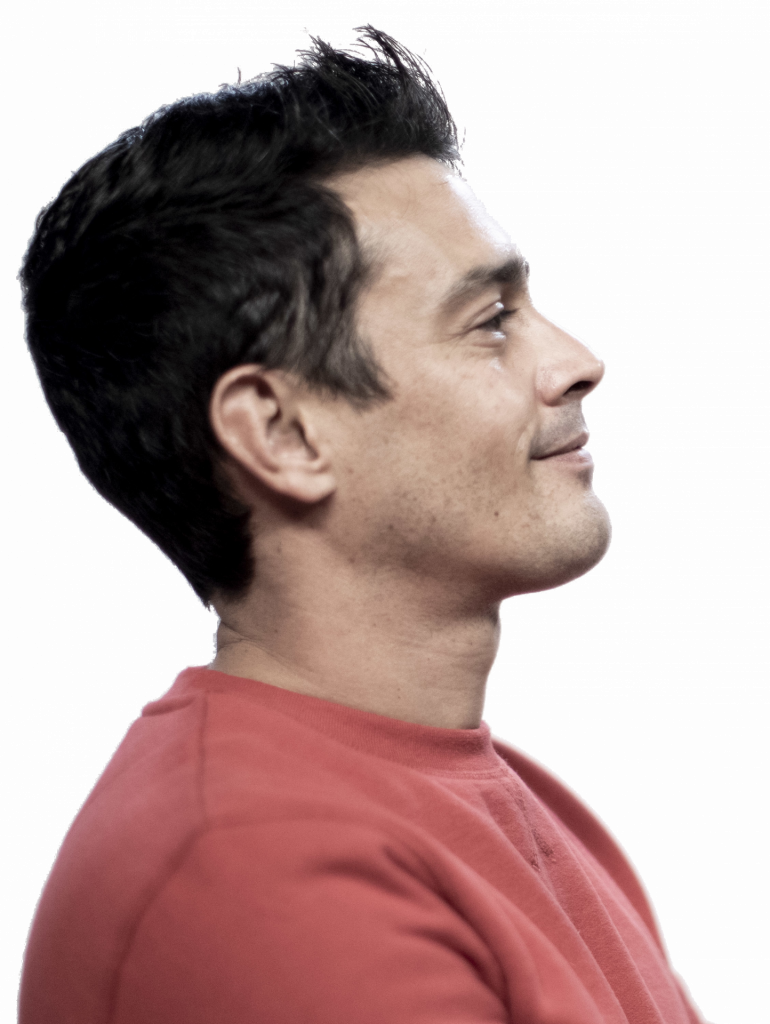About us
Experts in unique hardy palms.
Palms are tree-like plants with a tropical appearance that, when placed with taste, will add beauty to any park or garden. Palm producers are numerous, but the vast majority are based in subtropical regions. Most of the palm trees that you can find in nurseries are transported to your area for sale, and may experience acclimatization problems. These can manifest up to several months after the transplant. Our palm trees, born here, are acclimatized from the beginning to the more continental climate of central Spain.
While there are three palms (the Canary Palm, the Fan Palm, and the Palmito) commonly seen in nurseries and gardens in cooler regions of Europe, there are actually many cold-hardy palms with potential to grow in such areas. We carry out an investigation in order to identify and produce palm species that are rarely seen in this part of the world, but that can withstand the cold winters.

Engaged with the environment
We make sure our production is sustainable and environmentally friendly, minimizing our carbon footprint and reducing the use of plastics and materials that are harmful to the ecosystem.
- Our palms are produced using 100% photovoltaic solar energy.
- We use only sustainable substrates and fertilizers, such as coconut fiber, which is a by-product of the food industry, and certified organic fertilizers for organic farming.
- We do not use plastic pots for production. Instead we use LPDE plastic bags in the greenhouse, and reusable electro-welded mesh containers for planting. By using this materials we reduce our plastic consumption by up to 80%.
- We are committed to investigating, for each exotic species we sell, whether there is a record of invasive behavior in Europe, and to withdraw from production any species that may be invasive.
- Some of our palm trees are vulnerable or endangered in their natural habitat (seeds always obtained responsibly). By having one of these palm trees in your garden, you may be contributing to the ex-situ conservation of the species.
- Normally, ornamental plants are first planted by a plant grower, the seedlings are transported for growth at a wholesale nursery facility, the large plants are then taken to a garden center, and finally shipped to you, the consumer. Each time the plants are transported, their production becomes a source of atmospheric pollution. We carry out the entire process from the seed stage (which weighs from a few milligrams to about 10 grams) to the moment the plant arrives to you in our facilities in Candeleda, saving all emissions from intermediate logistics.

Ciro Cabal, PhD.
Ciro is a plant biologist and has a PhD in Ecology and Evolutionary Biology in Princeton University, USA. In addition to being a partner in this project together with his brothers, he directs and coordinates the palm production operations in our facilities. He is in charge of researching which little-known palm trees can acclimatise and grow in Europe. To do this, he first carries out a documentation process based on the scientific literature, and then investigates the viability of seed germination, seedling establishment, and the potential for growth of each selected species. He has designed and maintains our Palms Botanical Garden, which you can visit in Candeleda. He is also responsible for the palm species files that you will find on our page, and the author of our blog on hardy palms.
